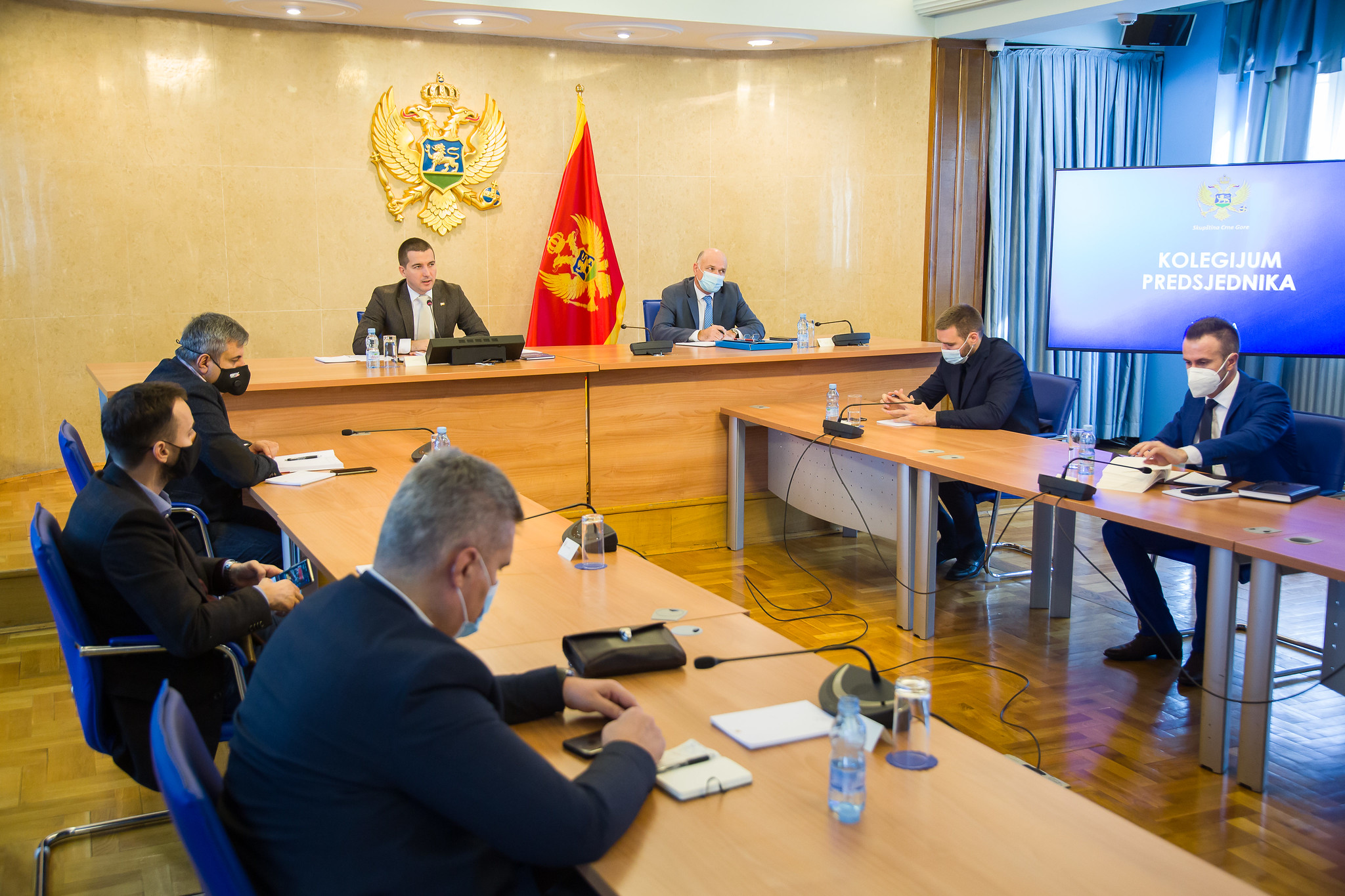The new convocation of the Parliament of Montenegro must achieve a quality political dialogue of all parliamentary groups as soon as possible and implement electoral legislation reform to provide conditions for free and fair elections.
This is the conclusion of the analysis of the integrity of the electoral process conducted by Center for Democratic Transition (CDT).
CDT, with the support of the Ministry of Foreign Affairs of the Netherlands, conducted an analysis based on monitoring activities in all important segments of the election process.
Our findings indicate that the parliamentary elections took place in an insufficient legislative and inefficient institutional framework, so this environment must change as a matter of urgency.
The outcome of the parliamentary elections, recognized by all its participants, enabled the beginning of the process of handing over power and conducting different policies, but the electoral process of this quality is not enough to build institutions with full democratic legitimacy.
Therefore, it is necessary to start adopting the new election legislation without delay and abandoning the current practice of changes before the elections, as part of the pre-election advertising, because such an approach is dishonest and anti-reform.
The legislative framework remained vague in a number of areas, allowing for occasional circumvention of laws and regulations. As the elections were held under different and specific circumstances, i.e. during the Covid-19 pandemic and with epidemiological measures prescribed, some previously unnoticed shortcomings in the legislative framework came to light, most notably those that leave plenty of space for restricting voting rights.
This election was managed by the same key electoral management institutions, but the credibility of some of them was further damaged, both due to previous acts or omissions and the fact that they were run by acting heads and officials with disputable mandates. The 2020 election was yet again conducted by a highly politicized election administration.
The lack of political outvoting and obstructions ahead of the final outcome is not a product of a spontaneous depoliticization of State Election Commission, but rather came as a result of political parties deciding not to dispute the elections.
The goal of electoral reform should be to reach the widest possible agreement on major issues that burden the electoral process – depoliticization of the electoral administration, personalization of the electoral process, updating the permanent residence register and consequently the electoral register, establishing effective control over campaign financing, improving media coverage of elections and addressing the negative foreign influence on elections.



